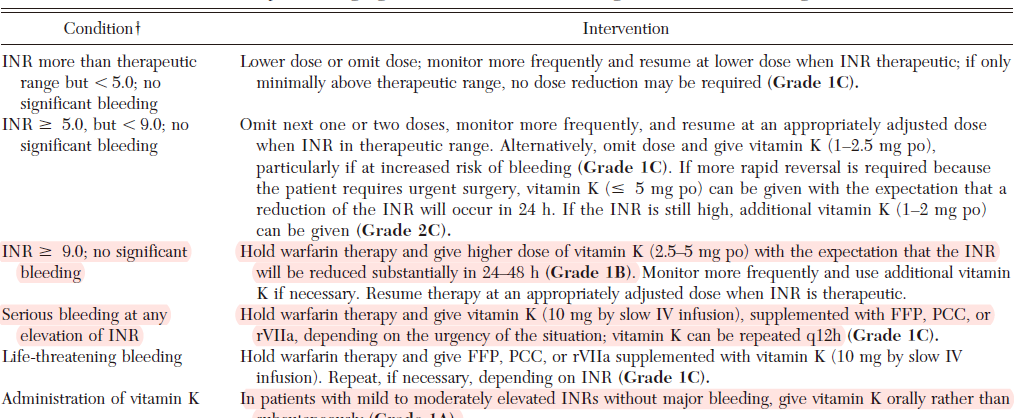
This is also important for hygiene issues, as pests can emerge from old rodent bait, leading to pest infestation issues. In commercial operations where permanent stations are required, regular bait checks limit the hazard.Īt contract completion, remove the bait completely.

Unintentional poisonings increase significantly when the program is not current. Always use this approach when working near sensitive animal enclosures such as Zoos.īaits must be removed once the baiting program has been successfully completed. This safe degradation vastly reduces the chances of secondary poisoning. A diligent pest manager will ensure sufficient bait is always available. Most active ingredients have a long residual life inside a dead rodent, making secondary poisoning an issue.Ĭoumatetryl and Warfarin rapidly degrade in an animal’s system but rodents need multiple feeds to obtain a toxic level. We recommend engaging customers and staff in the program, getting as many eyes on the job as possible”, he said.


Schedule multiple visits to quickly remove dead bodies, lowering the chances of secondary poisoning. In commercial operations, areas such as piggeries can be particularly difficult to control. For Professional Pest Managers, this is a serious problem around residences with domestic animals.


 0 kommentar(er)
0 kommentar(er)
